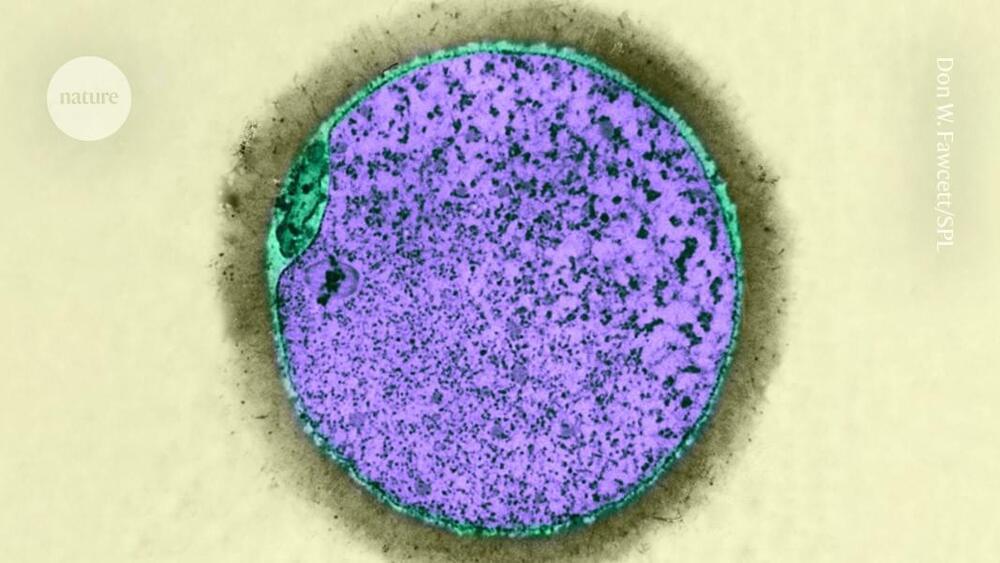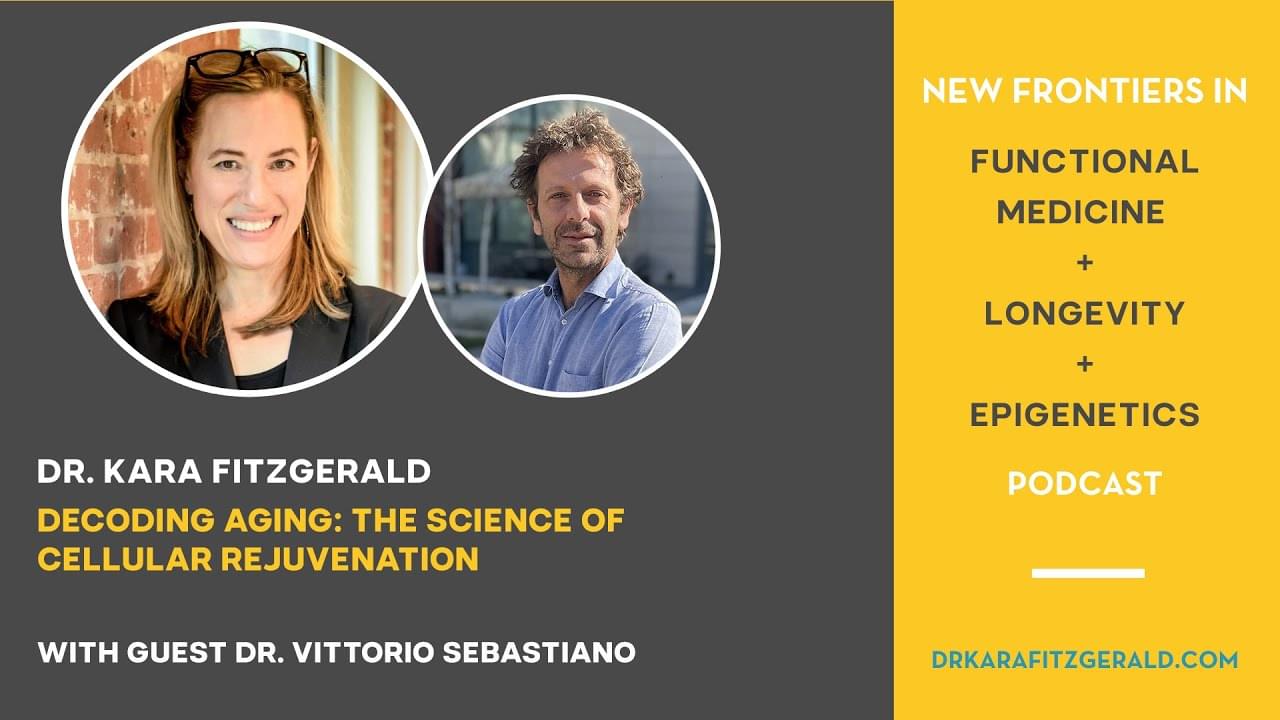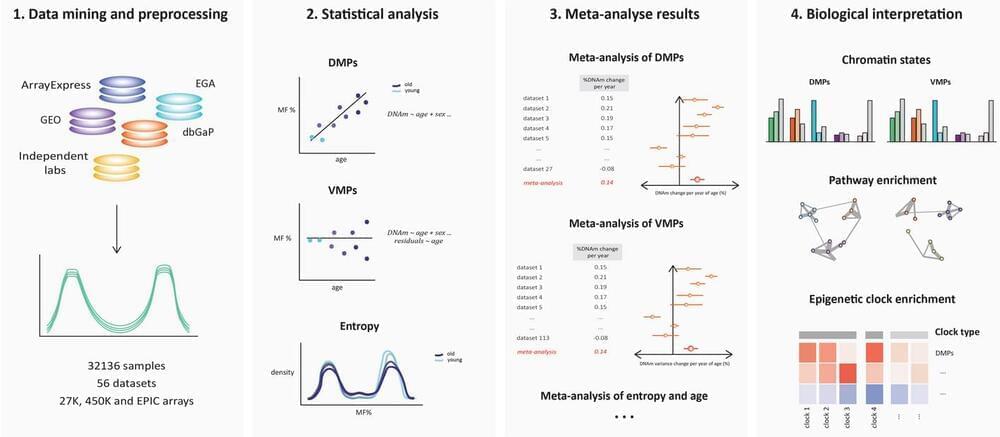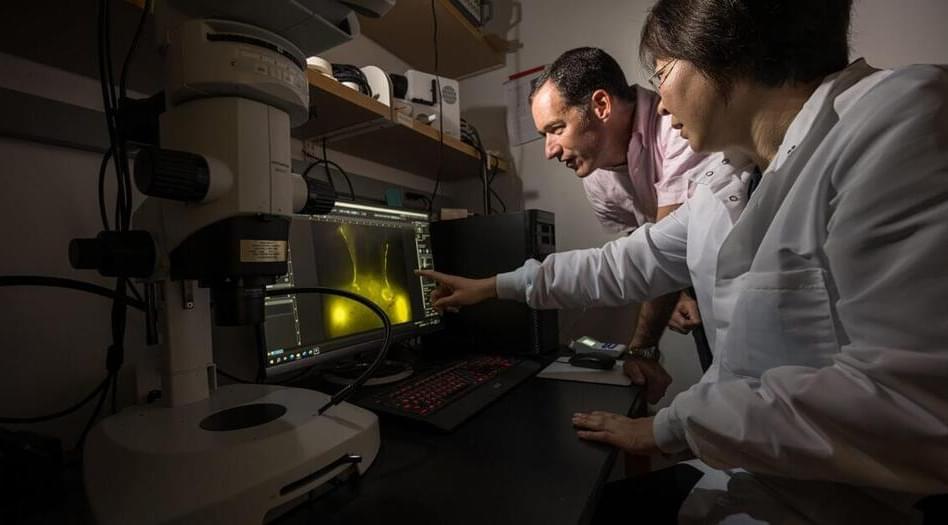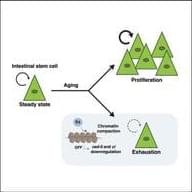Sep 12, 2024
Eggs from older mice regain youth when grown in young cells
Posted by Dan Breeden in category: life extension
Growing immature eggs from old mice in the ovarian structures of young mice can reverse signs of ageing in the eggs1.
“Think of this as a five-star anti-ageing spa for the old egg,” says Rong Li, a cell biologist at the National University of Singapore (NUS), who co-authored a study describing the results.
When the rejuvenated eggs were fertilized, the resulting embryos were almost four times more likely to give rise to healthy pups than the eggs that matured in the old environment. The results are published in Nature Aging today.
